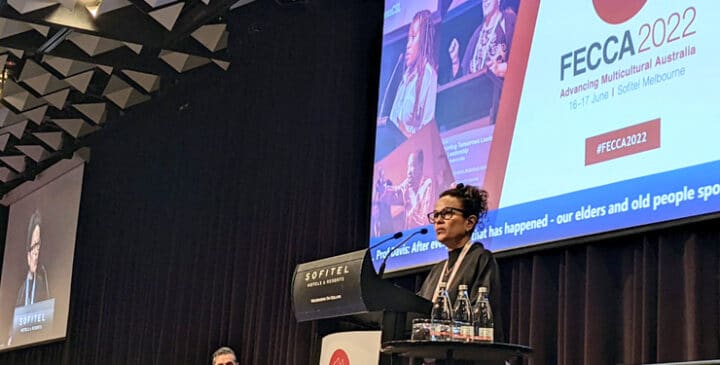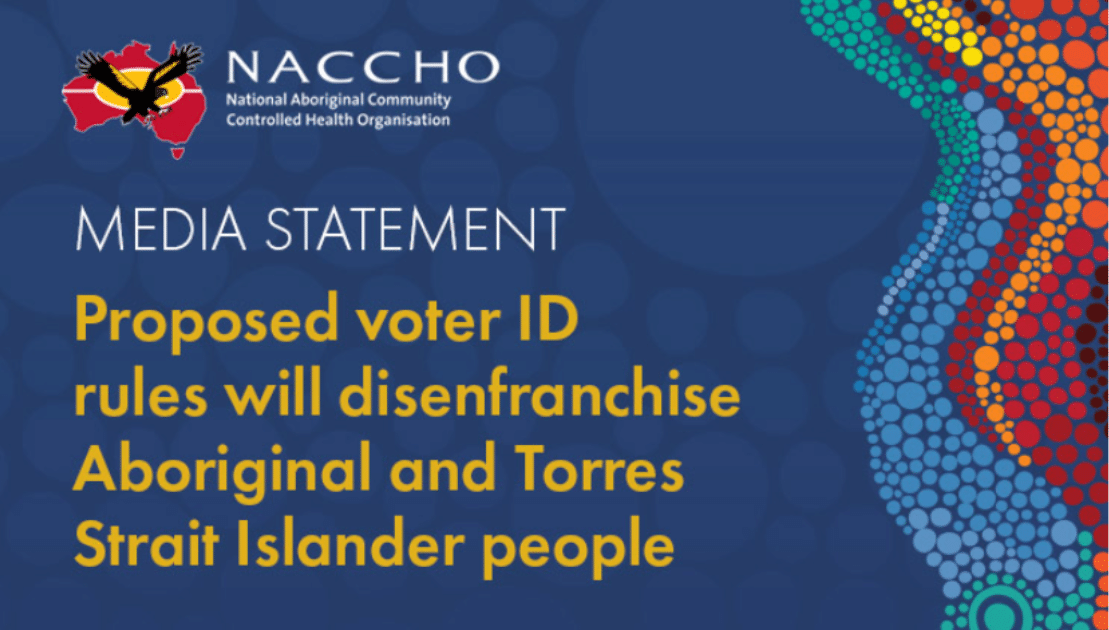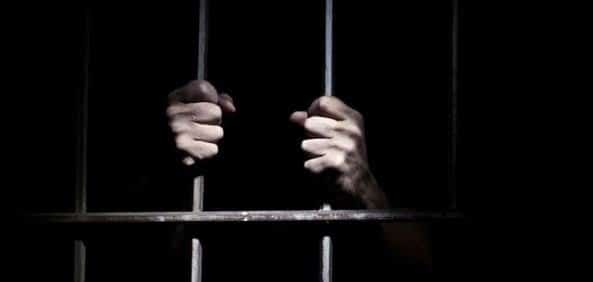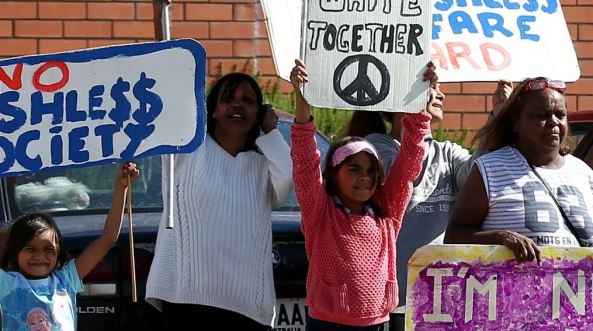

‘Proposed voter ID rules will disenfranchise Aboriginal and Torres Strait Islander people’ NACCHO’s message on Electoral Legislation Amendment (Voter Integrity) Bill 2021
The National Aboriginal Community Controlled Health Organisation (NACCHO) is deeply concerned by the proposed voter ID changes in the ‘Electoral Legislation Amendment (Voter Integrity) Bill 2021’. We urge all parliamentarians to oppose this unnecessary measure. We do not want to see vulnerable Aboriginal and Torres Strait Islander people disenfranchised.
The Chair of NACCHO, Donnella Mills, speaking from Cairns today said, “Australia has a sorry history in voting eligibility for Aboriginal and Torres Strait Islander people. It took until 1962 to secure the right to vote in the first place. It took until 1967 for us to be counted. Today, in 2021, we are at a critical time in our efforts as a nation to act upon the Uluru Statement from the Heart and secure an Indigenous ‘voice’ to Parliament. Yet this proposed Bill sets us back on our journey. I have no doubt that this Bill will discourage Aboriginal and Torres Strait Islander people from voting.”
There is no case for introducing these measures. NACCHO understands that the Australian Electoral Commission has confirmed that there was almost no voter fraud at the last federal election and that the introduction of voter ID requirements is unnecessary. There were no prosecutions for multiple voting at the last election, so there seems to be no problem to address here. Yet, if the Bill is introduced, significant damage will be done.
Ms Mills said, “I have seen plenty of vulnerable clients as a lawyer based in a health service in Cairns in the past. Many of my clients struggled to get basic ID in the first place because of missing registry records or simply because they couldn’t navigate the bureaucracy. Some of them were homeless, elderly, or escaping domestic violence. Some of them didn’t even have any ID when I met with them.
“The two measures outlined in the Bill that are intended to help those people who turn up without ID are pretty clumsy,” she said. It is unrealistic to think that people without ID, who may have poor language and literacy skills and perhaps a mistrust of government officials, will be able to fill in a complex ‘voter declaration’ form.
It is also unrealistic to assume that there will be someone available at a polling booth to verify another individual’s identity and that that person, if known to them, would also be willing to fill out a form to confirm all of this. The new arrangements defy common sense. Most people without ID will be confused. Most will become embarrassed and walk away if they are challenged at a polling booth.
Ms Mills said “We need to demonstrate that we are a better society than this. That we care about what our most vulnerable people say and that we want all their voices to be heard. This Bill will dampen the voice of Aboriginal and Torres Strait Islander people.”

